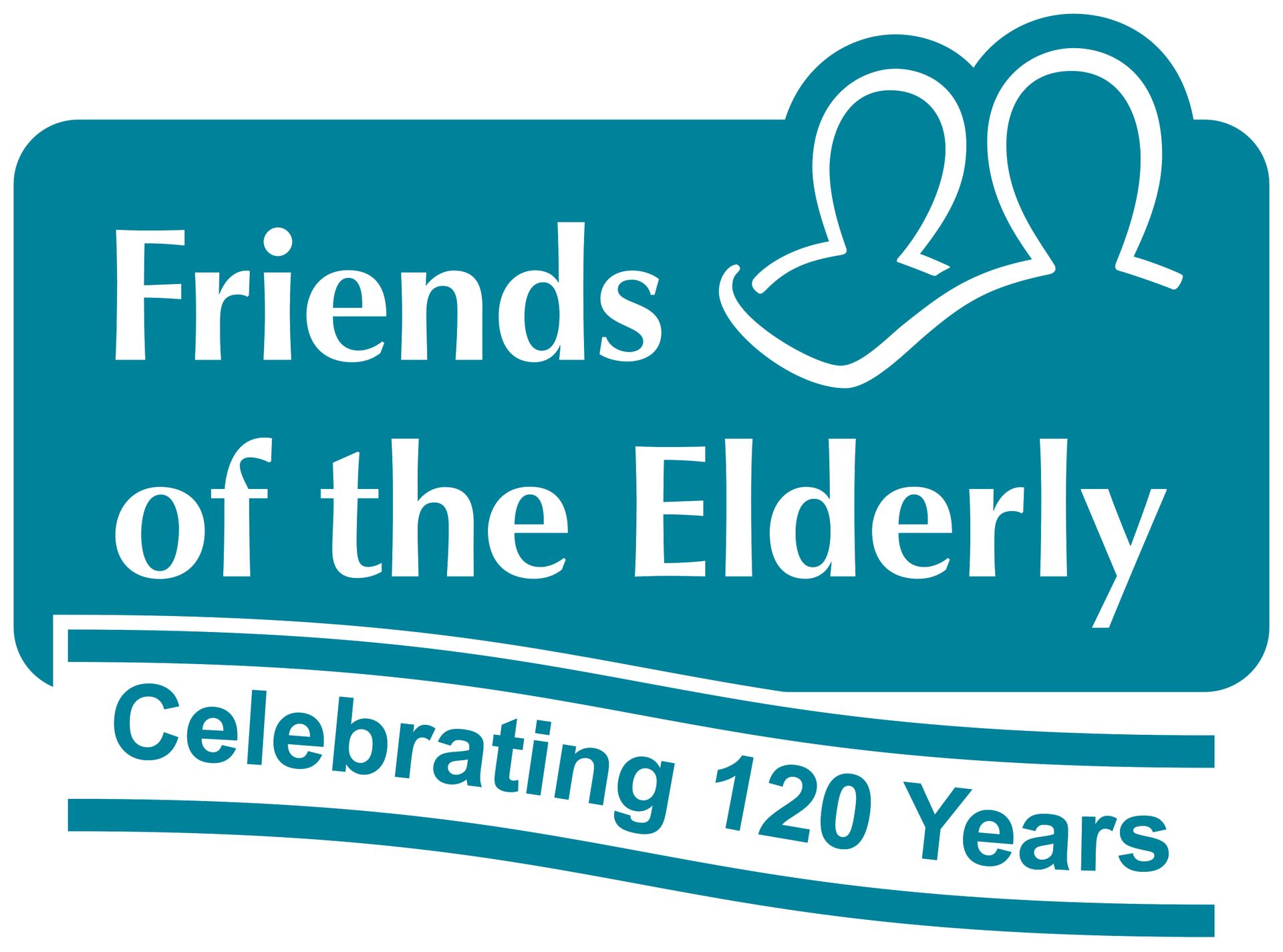Little Bramingham Farm , our Luton-based residential care home, has a new furry, four-legged friend who regularly visits the residents for mornings of fun, games and cuddles.
, our Luton-based residential care home, has a new furry, four-legged friend who regularly visits the residents for mornings of fun, games and cuddles.
Winnie – affectionately called ‘Winnie The Pooch’ – a Blue Roan coated Cockapoo, is a qualified Therapy Dog. She spends every Monday morning with the Little Bramingham Farm residents. Winnie is quite a character and loves nothing more than playing games, doing her tricks for treats and snuggling up for cuddles.
Martin Rodker, Winnie’s owner and trainer said: “Winnie loves coming along to Little Bramingham Farm for her weekly visits and she adores the residents just as much as they adore her.
 “Winnie was assessed as a Pets As Therapy (PAT) dog, not an Assistance Dog, meaning she brings benefits to people in a therapeutic way. PAT is a national charity which is devoted to enhancing the health and wellbeing of thousands of people across the UK through striving to ensure that everyone, no matter their circumstances, has access to the companionship of an animal. A stroke and a cuddle from a friendly dog goes a long way,” Martin added.
“Winnie was assessed as a Pets As Therapy (PAT) dog, not an Assistance Dog, meaning she brings benefits to people in a therapeutic way. PAT is a national charity which is devoted to enhancing the health and wellbeing of thousands of people across the UK through striving to ensure that everyone, no matter their circumstances, has access to the companionship of an animal. A stroke and a cuddle from a friendly dog goes a long way,” Martin added.
The difference between an Assistance Dog and a Therapy Dog is that an Assistance Dog has been trained to perform a specific set of tasks and focus on a single person such as providing assistance to someone with certain medical condition or is disabled. A Therapy Dog is often a pet dog belonging to a volunteer who, for example, visits care homes, hospitals, schools or community hubs to provide comfort, bring smiles, interactions and happiness.
 Karen Charity, Little Bramingham Farm’s Activity Coordinator said: “Winnie is highly intelligent and has a wonderful, loving nature and temperament which is great for a Therapy Dog. Our residents all look forward to seeing her, it starts their week on a really positive, fun note. Everyone knows when Winnie has arrived, she certainly makes an entrance, running up to each resident to say hello.”
Karen Charity, Little Bramingham Farm’s Activity Coordinator said: “Winnie is highly intelligent and has a wonderful, loving nature and temperament which is great for a Therapy Dog. Our residents all look forward to seeing her, it starts their week on a really positive, fun note. Everyone knows when Winnie has arrived, she certainly makes an entrance, running up to each resident to say hello.”
Winnie has her routine. When she first arrives, it’s straight into the Lounge for games with the residents such as ball and fetch, and chewy toy tugs of war. After all the exertion, Winnie strolls around, making sure she has time for a cuddle with everyone – and, of course, giving her paw when asked to get her good girl treats.
However, Winnie doesn’t stop there. She’s then off around the care home for her one-to-one visits. “Some of our residents who are unable to make it to the Lounge for the group ‘Winnie Session’ or prefer to have one-to-one time with her, all get their special weekly Winnie visit. Nobody misses out. One of our residents, Jean Houghton, especially loves spending time with Winnie as it reminds her of when she had her own dogs.”
Jean said: “I love my weekly visit. Winnie is so good, clever and cute, she completely lights up my room every visit. I mean, she’s such a pretty girl and if you were feeling a bit down, she could brighten anyone’s day.”
 “On World Heart Day in October, Jean made Martin a special keepsake heart for Winnie, saying how much she loved her; Jean was extremely proud of how well it turned out,” Karen added.
“On World Heart Day in October, Jean made Martin a special keepsake heart for Winnie, saying how much she loved her; Jean was extremely proud of how well it turned out,” Karen added.
Martin continued: “Winnie enjoys seeing all the residents. They give her their undivided devotion and she loves being the centre of attention. She’s a real character full of enthusiasm, in fact she’s a little joker at times. Winnie and I thoroughly enjoy coming along to see the residents each week and it’s wonderful to hear all their stories of the animals they had as children, growing up or as family pets. Winnie is such a people-pleasing dog with lots of love affection and she happily gives this to everyone she meets.”
Little Bramingham Farm’s Registered Manager, Emma Lawrance concluded: “It’s wonderful to see our residents’ faces light up when they see Winnie, her tail doesn’t stop wagging from the minute she arrives until the minute she goes home. A dog is said to be man’s best friend and seeing Winnie each week makes our residents so happy, she greets them all like long lost friends.”
Find out more about Little Bramingham Farm care home by calling 01582 582 433 or emailing enquiries@fote.org.uk.
